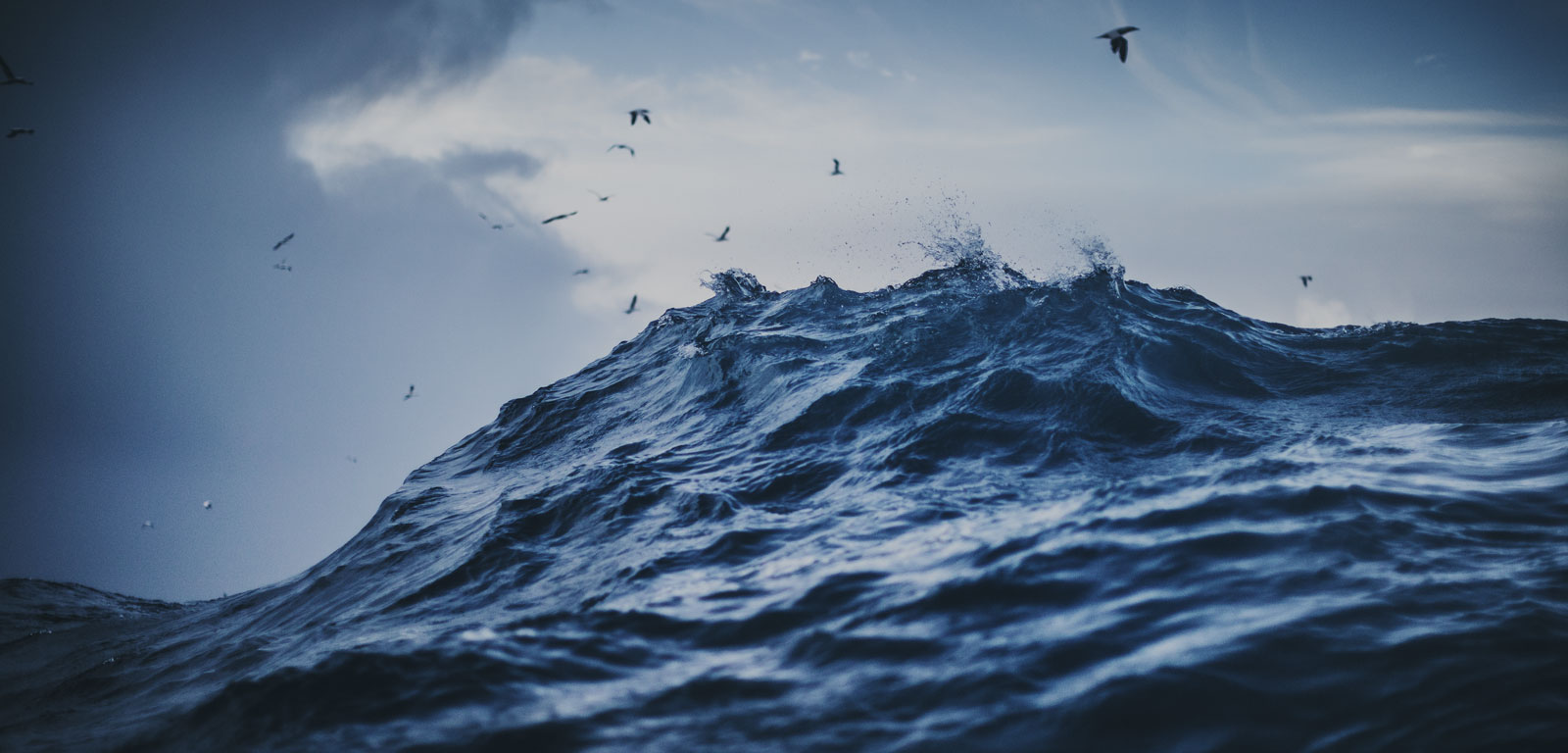Subject
Contemporary Topics (in Ocean and Earth Sciences)
General details of the subject
- Mode
- Face-to-face degree course
- Language
- English
Description and contextualization of the subject
An opportunity to be guided into the key literature on a variety of important contemporary topics at the forefront of Earth Science, Oceanography, Marine Biology, Marine Science Policy and Law and Marine Environmental and Resource Management.Competencies
| Name | Weight |
|---|---|
| Able to synthesise a body of knowledge on a given subject | 30.0 % |
| Able to critically assess the scientific literature on a wide range of topics. | 30.0 % |
| Able to make public oral presentations on the findings of current research. | 20.0 % |
| Write critical syntheses of knowledge for a given subject in a scientifically cogent style. | 20.0 % |
Study types
| Type | Face-to-face hours | Non face-to-face hours | Total hours |
|---|---|---|---|
| Seminar | 25 | 37.5 | 62.5 |
| Workshop | 50 | 75 | 125 |
Training activities
| Name | Hours | Percentage of classroom teaching |
|---|---|---|
| Groupwork | 125.0 | 40 % |
| Information presentation | 62.5 | 40 % |
Assessment systems
| Name | Minimum weighting | Maximum weighting |
|---|---|---|
| Practical tasks | 70.0 % | 70.0 % |
| Presentations | 30.0 % | 30.0 % |
Learning outcomes of the subject
At the end of the Unit, the student should be able to:1. Write scientific texts
2. Present scientific results
3. Understand scientific research
Temary
SOES6001Aims
To provide an opportunity for you to be guided into the key literature on a variety of important contemporary topics at the forefront of Earth Science, Oceanography, Marine Biology, Marine Science Policy and Law and Marine Environmental and Resource Management.
Syllabus
You will choose three key topics from a list of options in your specialist area (a reading list of seminal papers for these is provided, except for the MSc (MSPL/MER/MRM version).
You will be required to write a critical review and make a short oral presentation on each of your selected topics at weekly or fortnightly seminars.
Much of the learning will be through independent reading. The breadth of subject coverage is intended to broaden and deepen your knowledge of topical issues in your specialist area, as well as to develop scientific writing and presentation skills.
Teaching and learning methods
Seminars will be led by a variety of staff members with expertise in a range of important contemporary topics.
Reading will be guided by staff members, but much of the learning will be through independent reading and study by students who will also give oral presentations at seminar-style classes.
Supplementary material: Geophysics Seminar, NOCS Seminar programmes and WUN Seminars.
A wide range of support can be provided for those students who have further or specific learning and teaching needs.
Resources and reading list
The lecture material is summarised at blackboard.soton.ac.uk. Instructions for accessing this material will be given during the course.
It was not possible to load the content, please try again later. In case the problem persists contact CAU (Phone: 916014400 / E-mail: cau@ehu.eus / Website: https://lagun.ehu.eus).


